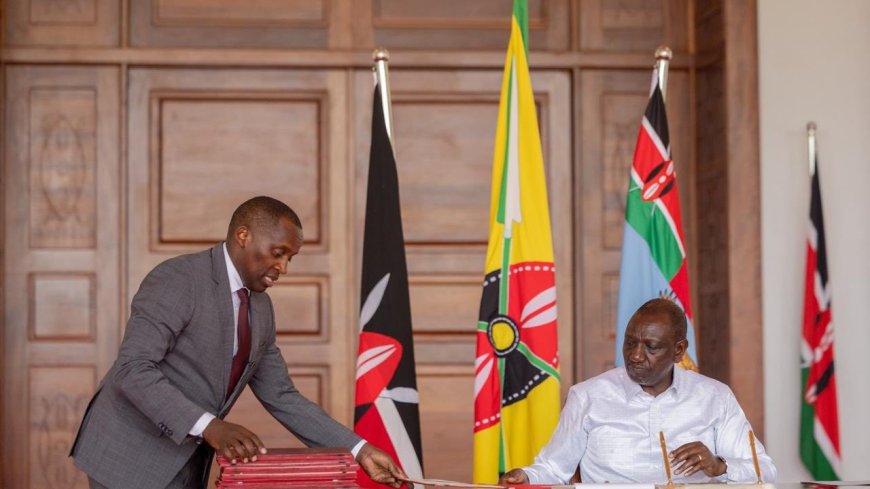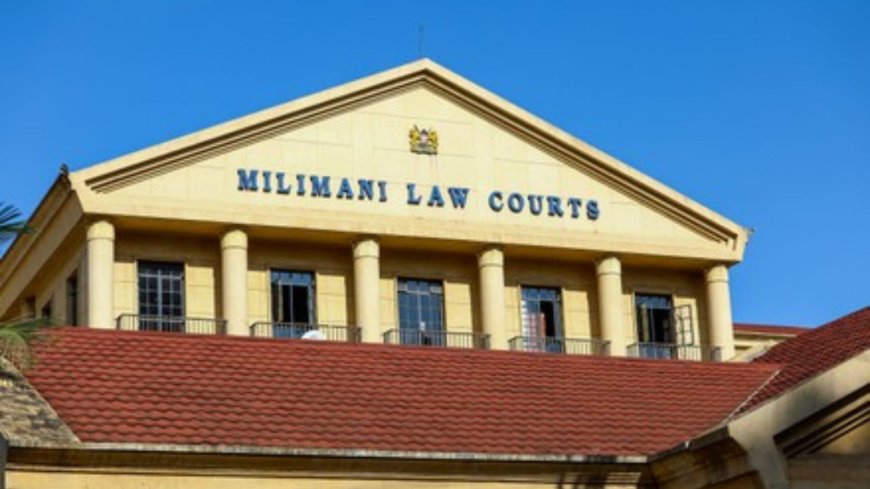Why I Signed Controversial Computer Misuse and Cybercrime Law: Ruto
Ruto was speaking on Thursday, October 23, during the memorial service of Mzee Weston Kirocho in Thome village, Laikipia County. Mzee Weston was the father of Inspector General of Police (IG), Douglas Kanja.

President William Ruto has spoken out on his decision to sign the Computer Misuse and Cybercrimes (Amendment) Act, 2024, into law at State House, Nairobi, on Wednesday, October 15; a mere moment before the news of the death of former Prime Minister, Raila Odinga, broke across the nation.
Ruto was speaking on Thursday, October 23, during the memorial service of Mzee Weston Kirocho in Thome village, Laikipia County. Mzee Weston was the father of Inspector General of Police (IG), Douglas Kanja.
The Head of State expressed that his government was determined to end the torment and suffering meted out on Kenyan youth through social media platforms through the circulation of inappropriate content, among others, that was affecting their mental health.
Our youth are being tormented and terrorised on social media by dirty and inappropriate things, pornographic matters. We must prevent that as a government- President Ruto on signing the Computer Misuse and Cybercrimes (Amendment) Act, 2024 into law#ViralVideos pic.twitter.com/cBW6jmcBLd — Viral Tea Ke (@ViralTeaKe) October 23, 2025
"We have talked about matters regarding our youth being tormented and terrorised on social media by dirty and inappropriate things, pornographic matters. We must prevent that as a government," he explained.
"Those driving that agenda of hurting our youth to the point of many of them committing suicide, hanging themselves because of terrorism on our internet. We must stop those people."
“There are people trying to tarnish Kenya’s image by all means, saying things like, ‘Oh, the President signed the law.’ But this law already existed; the amendment process began in 2024, and it was Parliament that made the amendment.
"I signed it on Wednesday because that was my constitutional duty for the day — to assent to a bill that had already gone through all the required stages and had been forwarded to me by the Speaker. Unfortunately, our elder (Raila) had already left us, but by then I was already in office,” Ruto explained.
Further, Ruto noted that the law has been in place since 2018, with amendments initiated in 2024 by Members of the National Assembly, who reviewed and passed the changes before forwarding the bill for the President’s approval.







